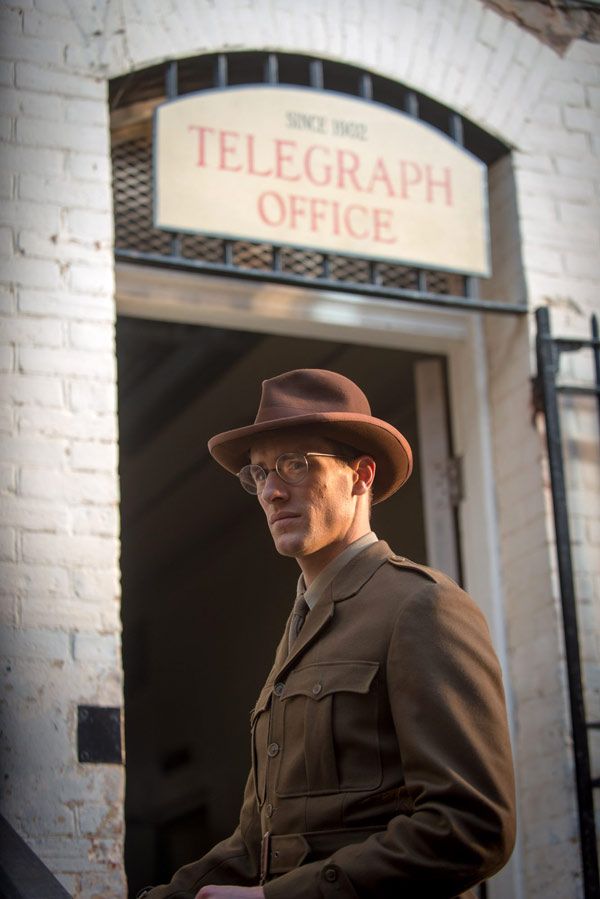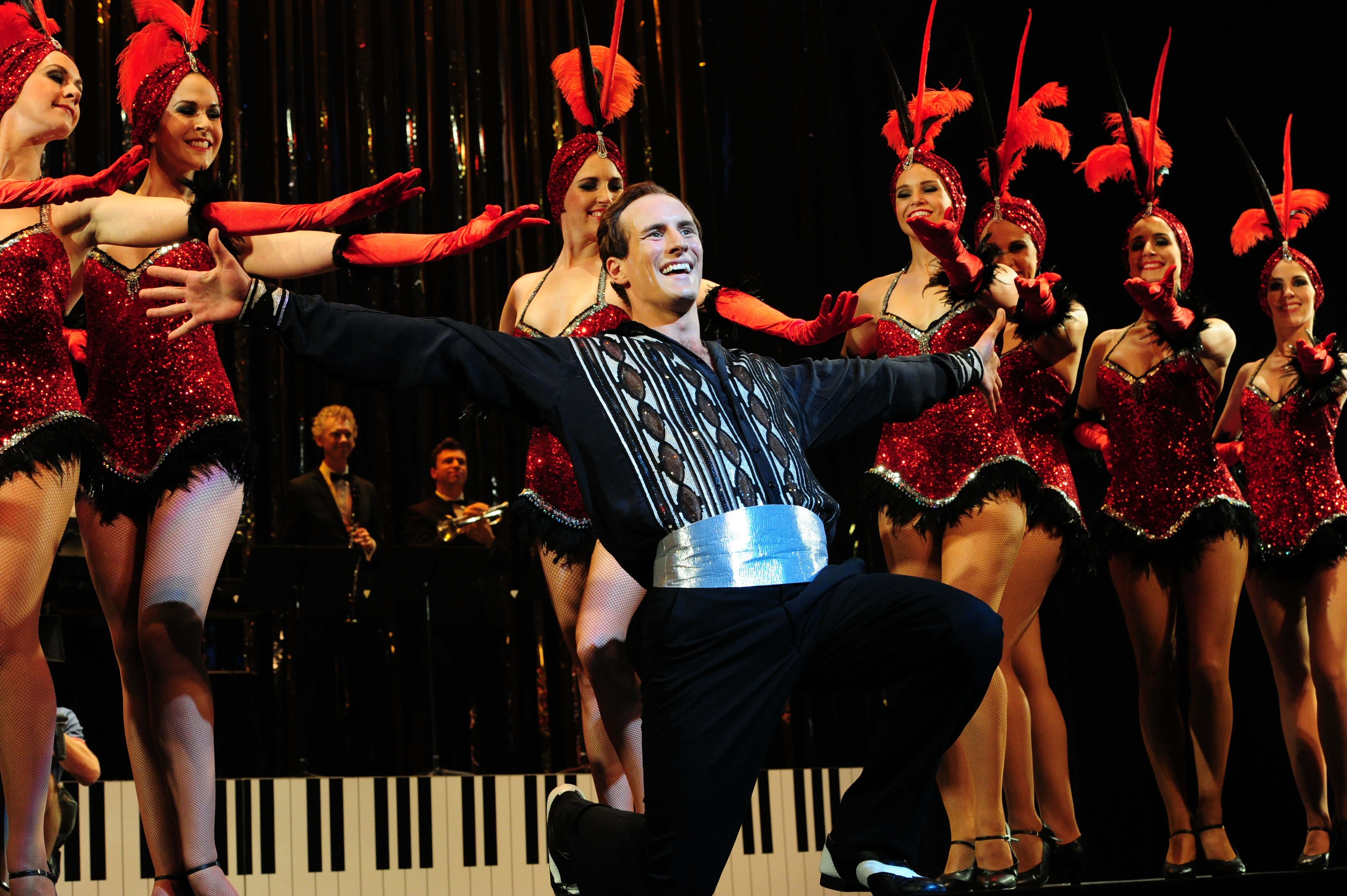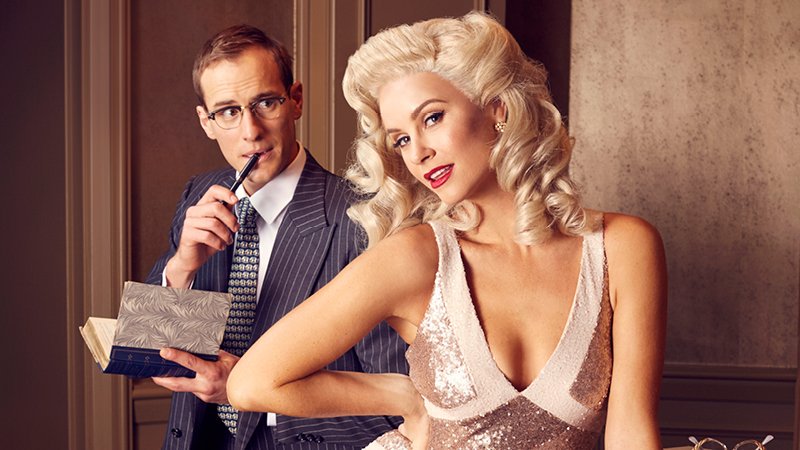“WHY DO I ACT” by Joel Jackson

There is no right or wrong answer and it is entirely subjective. But, acting to me is a fascination, an obsession. It came out of nowhere, I wanted to be a musician or a carpenter and then acting found me. I chased in it libraries and throughout history into the now. This is how I’ve arrived at why I act today, my reasoning and explanation for my place in the chain as a craftsman of one of the oldest and most profound professions in the world.
Acting was initially a gateway to the gods. Witch Doctors and Shamans in remote cultures were theatrical and educated elders who acted out rituals to preserve their tribe and peoples sense of social hierarchy, with their gods at the top. Actors maintained the cultural structure of an otherwise chaotic and raw existence.
Then came the Greek Theatre, with playwriting and dramaturgy cementing structure and the ensemble or chorus, as it’s better known. Cultural festivals with single performances lasting over an entire week. After the development of a vigorous independence from the theatre, think Shakespeare and the French Revolution, the actors played for the sake of their audiences entertainment, but also to affect them into action. The crowds would hear voices from Kings and Queens that had long since passed, but were reanimated into a message so potent it shook the foundations of their present ideologies. Bringing into existence a parallel universe for the audience to investigate their present and dissect it.
Now theatre and film have evolved into the absurd and wild, stylised or meticulously orchestrated. Performing a perfect pitch mastered by weeks in the rehearsal room, each and every time to the audience. With soundtrack composition, editing and production value a film is an immense undertaking. Acting can sometimes get lost in the fray when the production companies try to make it the biggest box office hit anyone has ever heard of. So why do we act now?
I cut my teeth as a young musician in some of the rowdiest and most isolated pubs in this country. I’d challenge the small but boisterous audience every night to dance harder and sing louder. I thoroughly enjoyed working myself to the bone to be their outlet. Venting the frustrations of working in the toughest, hottest place around and allowing them to express themselves. Then I moved to Sydney to study acting and realised there was a far more illuminating purpose for ‘entertainment’.
Once I was introduced to the fascinating history of where acting has risen from, I studied like an unnatural. I worshipped the philosophers Seneca, Montaigne, Marcus Aurelius, Homer and Aristotle’s Poetics. I remain fascinated by the texts of Jung especially, Man and his Symbols, which is a foundation text for symbolism and metaphor to me. Pouring over playwrights Samuel Beckett, Sam Shepard, Enda Walsh, Lachlan Philpott, Jane Bodie, Joe Penhall, Lally Katz, Caryl Churchill and Dennis Kelly to name but a few. They were the expressions I’d never heard of the desperate nature of life. I watched Charlie Chaplin’s The Great Dictator, as part of an assignment and was mesmerised at the power of his skill. Chaplin wrote, directed, composed the score and starred… “We think too much and feel too little.” He says in the most famous section of the film; where his character, a bumbling barber, has been mistaken for a tyrannical dictator and is forced to make a speech. He delivers his feelings on the state of the world to a vast gathering of soldiers. Chaplin made history.
In the most dire of times, Chaplin’s films made people laugh and then he lovingly allowed them to cry, to grieve and to heal. Post World War Two, what did people have? They’d lost family and friends, homes, their livelihoods and were now tasked with re-building the world. Chaplin’s films gave millions a reason to take a break from the harsh reality of life and to re-connect to their emotions. Stirring them out of this world and into a parallel place where so much more was possible, as did each and every great work through history.
But watch this speech at the end of The Great Dictator and think of what it would’ve meant in that time. To people who had been alive when Hitler was on their radios, in their papers, tearing the world apart with greed, hatred and tyranny. Chaplin did the unthinkable and challenged the world, subverting the very image of Hitler, into one of immense humanity, empathy and love. In the subtext he willed hope and goodness to flourish and gave voice to someone who was not being heard at that time. The heart and soul of every person who had been crushed by the war, not the leaders of government. The people, the public, his audience.
Brando said, “an actor is at most a poet and at least an entertainer.” Entertainers, they’re a dime a dozen. I’d encourage every actor to use the power of your insight, the weapon of subtext and the fervour of your heart to be poets and find the sublime, the controversial and the intrepid. I act to make these parallel universes a reality, “…to hold, as ‘twere, the mirror up to nature…”. Deadline Gallipoli was a massive comment on the freedom of the press and security given to whistleblowers in the modern era, Peter Allen; Not the Boy Next Door was a look at what happens when one’s identity is repressed and a cry to be your most glorious self. More recently Born Yesterday at Melbourne Theatre Company is a lesson on self education and an enquiry into the darker moments of democracy. Namely, Trump. I exist to be a voice for change, for action and the growth of human empathy. But also to have an enormous amount of fun. That is why I act.
Photo Credits: Peter Allen image; Tony Mott / Born Yesterday; Justin Ridler
The Great Dictator, Charlie Chaplin. Watch Video Here





Leave a Reply
You must be logged in to post a comment.